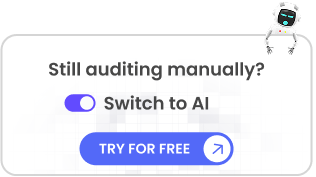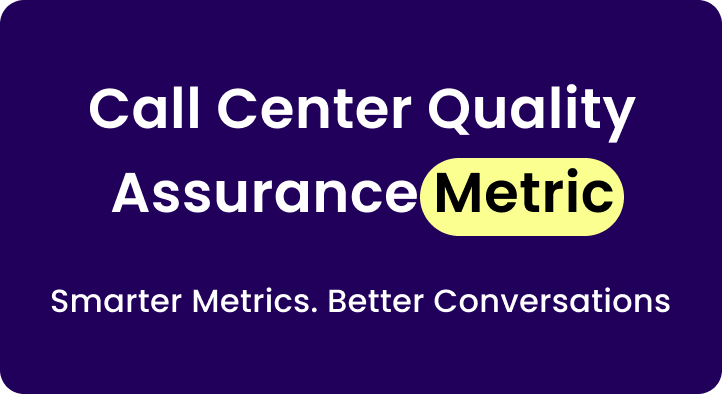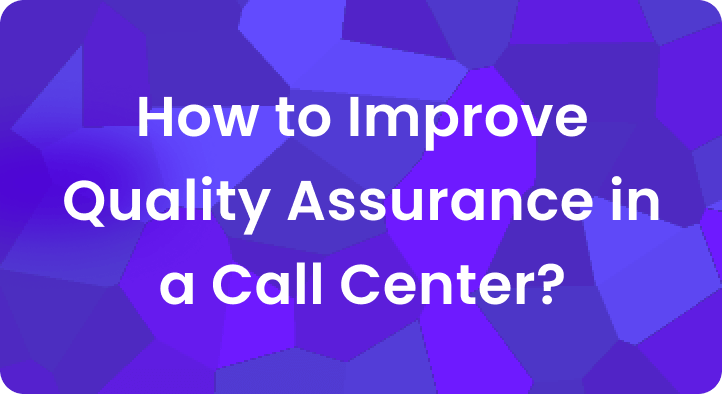Are you a call center manager looking to enhance the quality of your customer interactions?
Today’s call centers face a myriad of challenges, from maintaining consistent service quality and ensuring compliance with regulatory standards to improving agent performance and customer satisfaction.
In such a demanding environment, how can you ensure that your call center operates at its peak potential?
This is where call audits come into play.
No matter how well-trained your agents are, their performance may not always be up to par under pressure.
These inconsistencies can lead to dissatisfied customers and lost business without a robust monitoring system.
However, with regular call audits, you can systematically review these interactions, identify areas for improvement, and ensure that every customer receives the best possible service.
Call audits are essential tools in call centers for monitoring and evaluating customer interactions.
They help ensure that agents adhere to established standards and follow protocols, leading to improved customer satisfaction and operational efficiency.
In this comprehensive guide, you will learn what call audits are, why they are crucial for your call center’s success, and how to implement best practices for conducting them effectively.
Let’s get started!
A. What is a call audit in a call center?
A call audit in a call center is the process of regularly reviewing and evaluating the quality assurance of both incoming and outgoing calls. This assessment aims to ensure that the call center team is working efficiently and effectively.
By auditing calls, you can determine if your call center operations meet specific performance criteria and identify areas for improvement.
The main goals of a call audit are to:
- Evaluate how well agents handle calls.
- Check if customer issues are resolved satisfactorily.
- Ensure that agents follow established rules, guidelines, and procedures.
Call audits can be conducted internally by experienced agents, supervisors, or internal auditors.
Alternatively, some companies choose to hire professional call auditing services.
Overall, call audits help improve team productivity and efficiency by providing valuable insights into the contact center’s strengths, weaknesses, and opportunities for improvement.
B. 3-point call audit checklist for contact center BPOs
Creating a call audit checklist for contact center BPOs ensures that agents deliver consistent, high-quality customer service.
Here’s a 3-point call audit checklist:
1. Define clear audit guidelines
- Purpose and goals: Clearly state why you are conducting call audits. It could be to improve customer satisfaction, ensure compliance with regulations, or enhance operational efficiency.
- Procedures and metrics: Outline the step-by-step process for conducting audits. Define which metrics and KPIs (like call quality, customer satisfaction scores, and agent performance metrics) will be evaluated during audits.
- Responsibilities and deadlines: Assign roles and responsibilities to team members involved in the audit process. Set deadlines for completing audits and reviewing results.
- Alignment with business objectives: Ensure that the audit outcomes directly contribute to achieving broader business goals, such as improving service levels or reducing customer churn.
2. Focus on key KPIs
Call quality
- Handling calls and scripts: Evaluate how well agents handle calls, including adherence to scripts and procedures. Assess whether agents provide accurate information and resolve issues effectively.
- Customer interaction: Measure the quality of customer interactions, including professionalism, empathy, and problem-solving skills.
Customer experience
- CSAT (Customer Satisfaction): Collect feedback from customers to gauge their satisfaction levels with the service provided during calls.
- NPS (Net Promoter Score): Assess the likelihood of customers recommending your service to others based on their interaction with your contact center.
- CES (Customer Effort Score): Evaluate how easy or difficult it was for customers to get their issues resolved during the call.
Agent performance
- Adherence to schedule: Monitor whether agents are punctual and available during their assigned shifts.
- First call resolution (FCR): Measure the percentage of calls that are resolved without the need for further contact, indicating efficient problem-solving.
- Average handling time (AHT): Analyze the time agents take to handle calls, aiming for efficiency without compromising quality.
3. Leverage effective call auditing tools
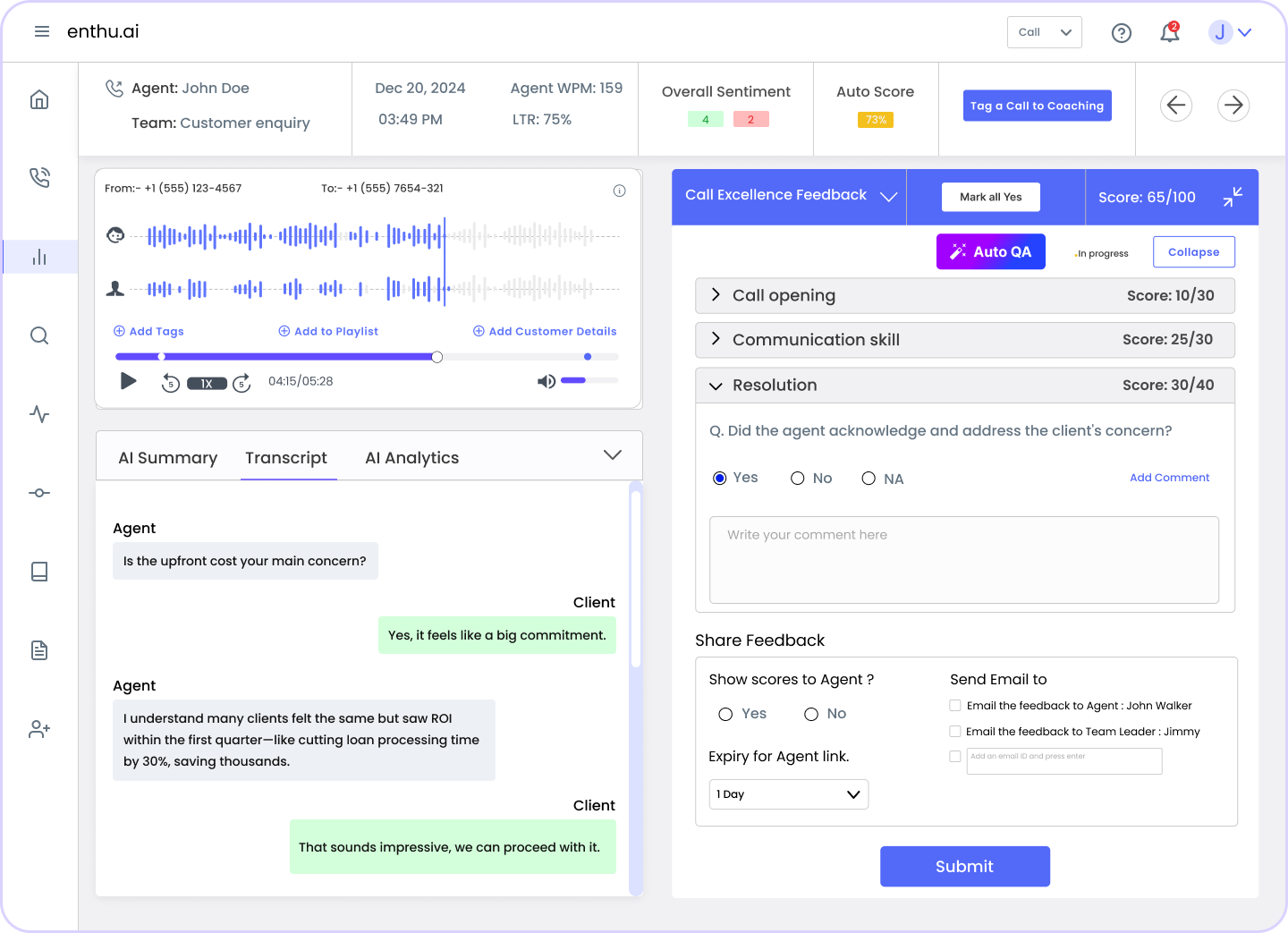
Agent performance tools
Use software that tracks agent productivity, adherence to schedules, and performance against KPIs.
These tools provide insights into individual agent performance and highlight areas for improvement.
Call monitoring software
Implement systems that record and analyze customer interactions in real-time or retrospectively.
These tools help assess call quality, adherence to scripts, and overall customer experience.
Data analysis and reporting
Leverage reporting features within audit tools to generate actionable insights from audit results.
Use data to identify trends, areas of improvement, and training needs for agents and teams.
C. The importance of conducting regular call audits
Regular call audits are essential for maintaining the high standards expected in call centers.
Here’s why they matter across different aspects of operations:
1. Improving compliance
Regular call audits are crucial for ensuring that agents comply with legal regulations and company policies during customer interactions.
By conducting these audits regularly, you can proactively identify any compliance issues and take corrective actions promptly.
This helps in mitigating risks associated with non-compliance and maintaining trust with both customers and regulatory authorities.
2. Enhancing customer experience
Call audits play a vital role in improving customer experience by identifying and addressing issues that affect service quality.
Whether it’s reducing wait times, improving issue resolution rates, or enhancing communication skills, audits provide insights into areas needing improvement.
Addressing these promptly not only boosts customer satisfaction but also improves metrics like Net Promoter Score (NPS) and Customer Satisfaction Score (CSAT), crucial for business growth and customer retention.

3. Monitoring agent performance
Audits evaluate various aspects of agent performance, such as adherence to scripts, handling of customer inquiries, and resolution of complaints.
This data helps managers provide targeted coaching and training to agents, ensuring they have the skills and knowledge needed to perform at their best.
Monitoring performance through audits also enables recognition of top performers and identification of areas where additional support may be required.
4. Sales coaching and training
Call audits provide valuable feedback on sales techniques, product knowledge, and customer engagement skills.
Managers can use audit findings to tailor sales coaching sessions and training programs, helping agents improve their ability to generate leads, upsell products, and provide personalized service.
This focused approach not only enhances sales performance but also contributes to overall customer satisfaction and loyalty.
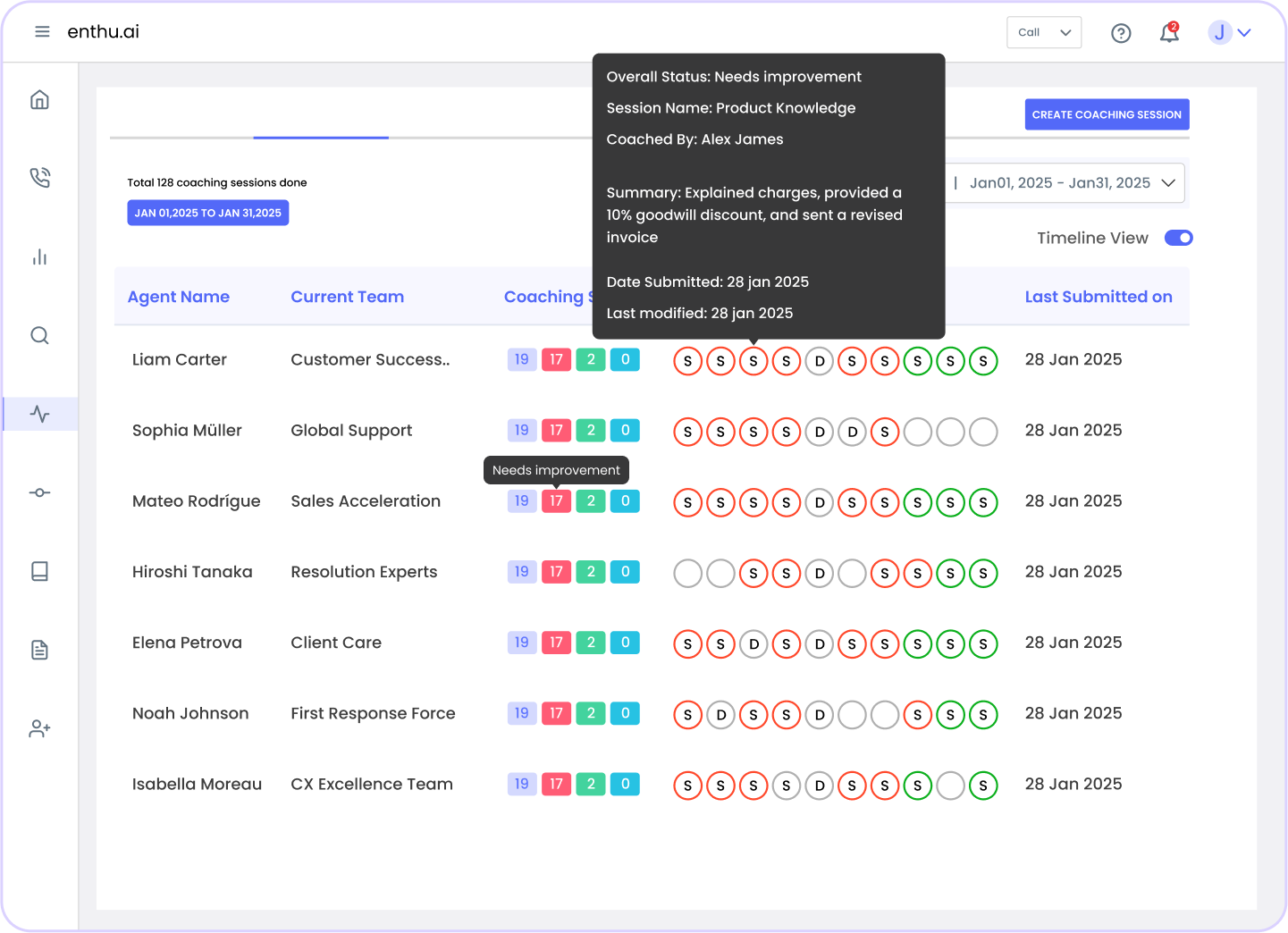
5. Driving continuous improvement
Regular audits serve as a foundation for continuous improvement initiatives.
By analyzing audit findings over time, managers can detect trends, implement strategic changes, and refine processes to stay ahead in a competitive market.
This proactive approach ensures the contact center remains responsive to evolving customer needs and industry standards, driving long-term success and business growth.
D. Best practices for conducting call audits in a call center
Conducting call audits in a call center is crucial for maintaining quality standards and improving performance.
Here are some best practices to consider:
1. Define audit criteria
This involves outlining specific aspects of calls that you’ll evaluate.
For example, you might look at how well agents follow scripts, their ability to handle customer issues, adherence to compliance regulations, or overall customer satisfaction.
Defining these criteria ensures consistency in evaluations and helps agents understand what is expected of them during calls.
2. Random sampling
Randomly selecting calls for auditing ensures a fair representation of agent performance across different situations and customer interactions.
This method prevents bias and provides a more accurate assessment of overall service quality.
It’s like taking a snapshot of your call center’s performance without knowing in advance which calls will be reviewed.
3. Use quality scorecards
A quality scorecard is a structured evaluation tool used to assess various aspects of a call, such as greeting, problem resolution, professionalism, and adherence to policies.
Each category on the scorecard typically has predefined criteria and a rating scale.
These scorecards provide consistency in evaluations across auditors and help identify agent performance strengths and areas for improvement.
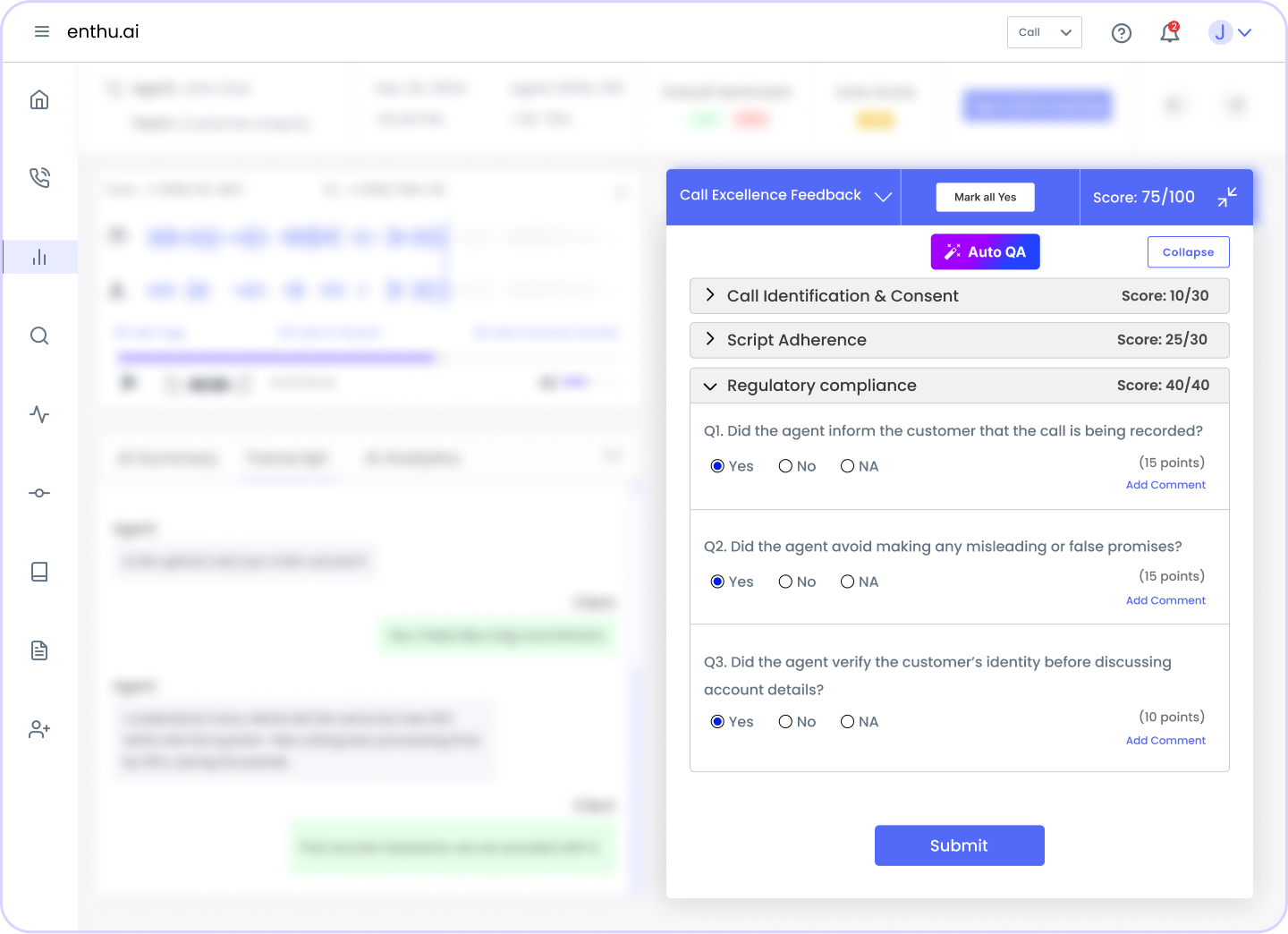
4. Provide training for auditors
Just like agents receive training, auditors need training, too.
They should be equipped with the skills and knowledge to use scorecards effectively, listen for specific behaviors or outcomes, and provide constructive feedback.
Training ensures auditors are consistent in their assessments and understand how to support agents in improving their performance.
5. Conduct regular audits
Regularly performing evaluations—daily, weekly, or monthly—enables you to track performance trends over time.
These evaluations help pinpoint recurring problems, measure the impact of training programs, and ensure consistent adherence to quality standards.
It’s akin to routine check-ups to maintain the health of your call center operations.
6. Provide feedback and coaching
Offering timely and constructive feedback based on evaluation findings is crucial for agent development.
Feedback should highlight both the positive aspects of the call and areas needing improvement.
Coaching sessions can focus on strategies to enhance performance, reinforce best practices, and help agents achieve their goals.
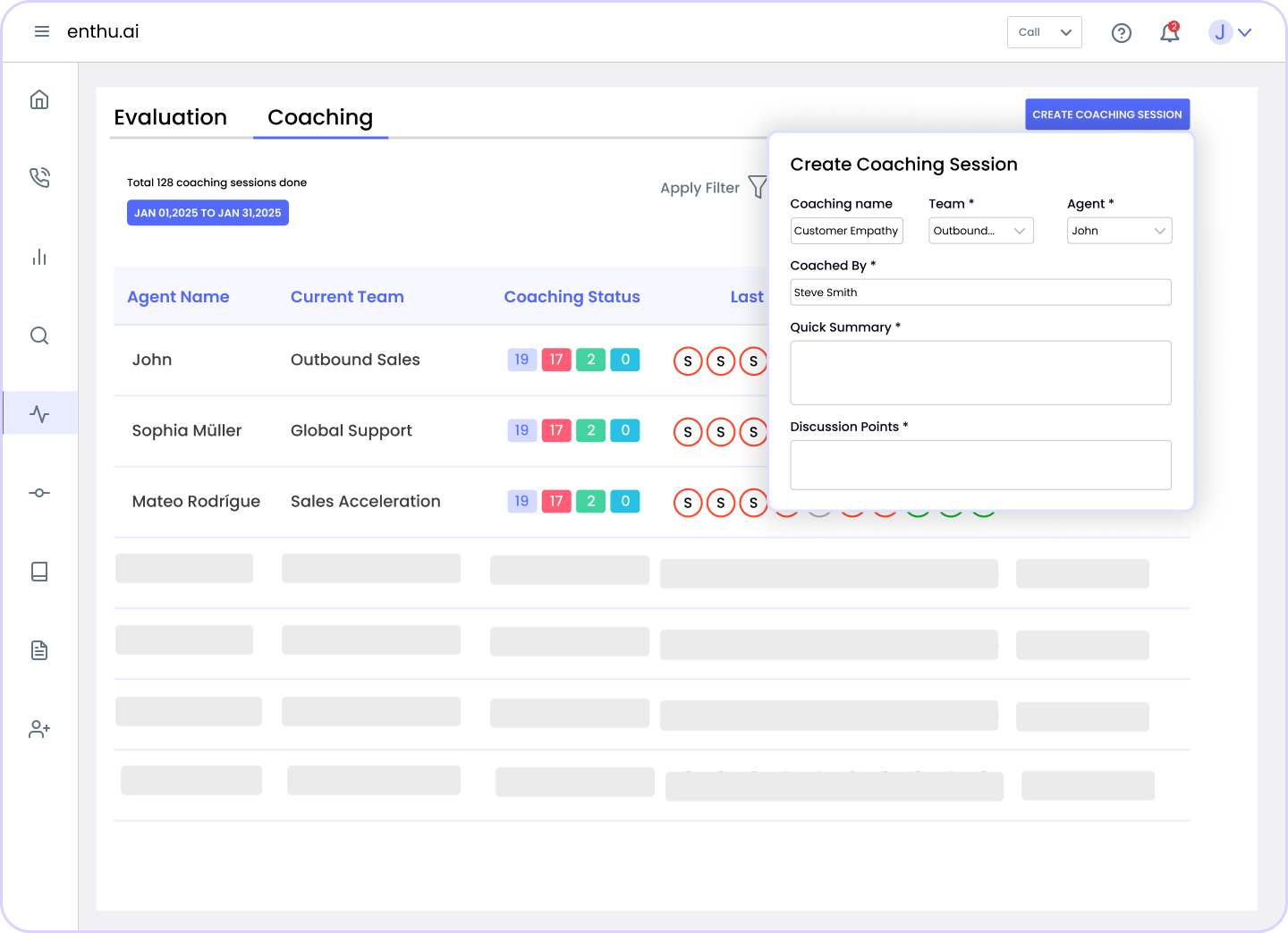
7. Incorporate the latest technology
Leveraging tools like speech analytics and call monitoring can streamline the evaluation process.
Speech analytics software can examine call recordings for keywords, sentiment, script compliance, and customer satisfaction indicators.
These tools provide insights that may be missed during manual evaluations and help identify improvement areas more efficiently.
8. Benchmarking
Benchmarking means comparing your call center’s evaluation results with industry standards, best practices, or internal goals.
This practice helps set realistic improvement targets, identify areas where your call center excels or needs improvement, and measure overall performance against competitors or industry peers.
9. Involve agents
Encouraging agents to take part in the evaluation process fosters a sense of ownership and accountability for their performance.
Agents can self-review their calls against set criteria, discuss evaluation results with supervisors, and contribute insights on improving call handling processes.
This involvement promotes transparency and empowers agents to enhance their skills proactively.
10. Continuous improvement
Focusing on continuous improvement means using evaluation results to drive ongoing enhancements in call center operations.
This involves analyzing findings, identifying root causes of performance gaps, implementing targeted improvements or training programs, and regularly updating evaluation processes to reflect changing business needs and customer expectations.
E. Supercharge your sales team with the best call auditing software: Enthu.AI
With so many benefits of call auditing software, are you also looking for a powerful call auditing tool for your call center? Well, Enthu.AI can help you.
Enthu.AI is a leading call auditing software designed to enhance the quality assurance process in call centers.
It offers robust features like conversation intelligence, call monitoring and speech analytics, sales training and more that enable you to do detailed analysis of customer interactions.
Enthu.AI helps in identifying trends, monitoring compliance, and providing actionable insights to improve agent performance.
With its user-friendly interface and advanced capabilities, Enthu.AI stands out as an essential tool for effective call auditing.
Conclusion
Understanding your call center operations and regular reviewing and evaluating the quality of your calls is vital for any service-based business success.
Call auditing provides you actionable insights that will help you improve customer service, increase agent performance, and boost quality standards, sales and profit.
With so many benefits of call auditing tools, if you’re looking for a powerful call auditing software, Enthu.AI might be your perfect solution.
With one-of-a-kind call monitoring, quality assurance, analytics, and sales training & coaching features, Enthu.AI enables you to streamline operations, increase productivity, and ensure the highest level of customer support.
FAQs
1. What is a call center audit?
A call center audit involves evaluating and reviewing the performance of call center operations to ensure agents meet quality standards and follow protocols.
2. Why do we do call audits?
We conduct call audits to improve service quality, ensure compliance, enhance customer satisfaction, and identify areas for agent training and development.
3. What is a BPO audit?
A BPO audit evaluates the performance and compliance of a Business Process Outsourcing provider to ensure they meet contractual obligations and maintain high service standards.
4. How many calls should be audited per agent?
There’s no universal number. Many contact centers review 5-10 calls per agent per month, while regulated industries audit more. The right number depends on team size, call volume, and QA goals.
5. Can call audits be automated?
Yes. Auto QA tools use AI to analyze and score 100% of calls instantly. They highlight compliance issues, customer sentiment, and coaching opportunities without manual effort.
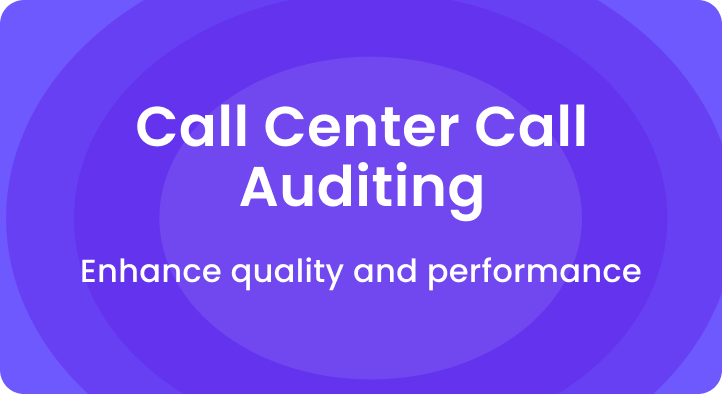
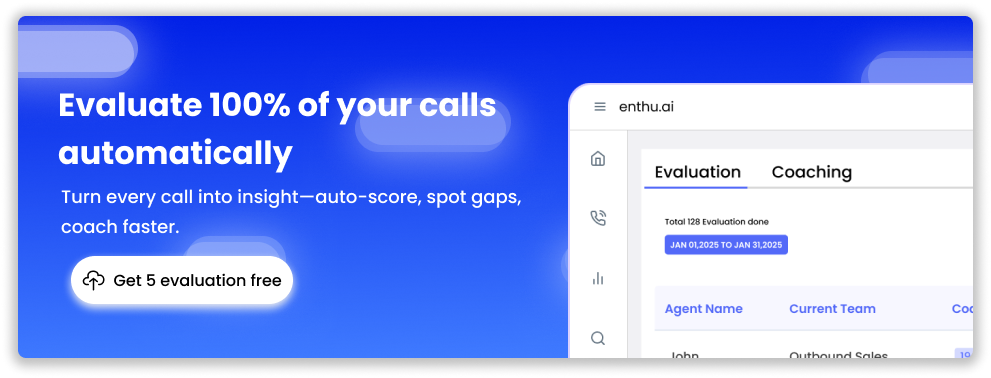


 On this page
On this page